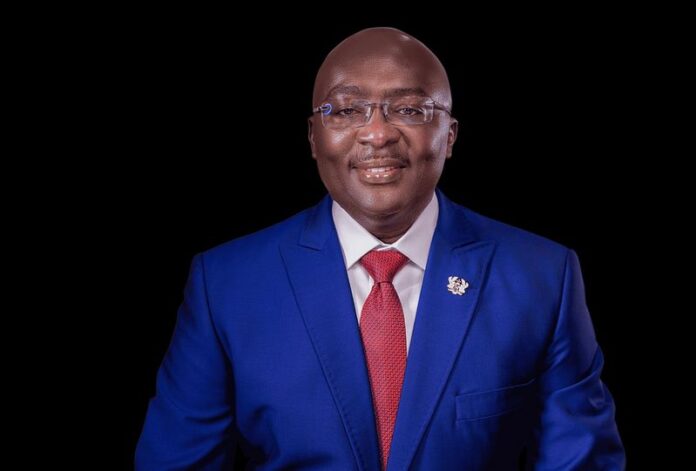In Ghanaian politics, loyalty to party leadership is often seen as a necessity. But at what cost?
This question becomes even more critical as the New Patriotic Party (NPP) contemplates its future and the role of Dr. Mahamudu Bawumia.
The only scenario worse than the painful defeat of the 2024 elections would be the party’s decision to abandon Bawumia in favor of a new candidate in 2028. Such a move could fracture the party’s base and undermine the economic credibility he has built over the years.
Before entering politics, Bawumia was a distinguished economist with expertise in monetary policy, financial regulation, and digital transformation.
He wasn’t just another politician; he was a technocrat equipped with the knowledge Ghana needed. However, politics has a way of reshaping individuals. Over time, the system molded him into a political figure, pulling him into roles beyond his core expertise.
Bawumia was introduced into politics to drive economic recovery and growth strategies. However, external global shocks, including COVID-19, the Russia-Ukraine war, and supply chain disruptions, severely impacted Ghana’s economy, making his task significantly more difficult. Political opponents weaponized these challenges against him, unfairly placing the entire blame on his shoulders.
Rather than allowing him to function as an economic strategist, the political machinery forced him into campaign rhetoric that diluted his true strengths. Ironically, his economic expertise remains one of the party’s greatest assets, yet the NPP risks sidelining him in 2028—an error that could have dire consequences.
The NPP stands at a crossroads. Internal fractures, growing dissatisfaction among its base, and the lingering effects of the 2024 defeat create a volatile political environment. If Bawumia is sidelined, the party risks alienating key support blocs, particularly in the Northern and Zongo communities. His presence in the 2024 race garnered substantial backing from these areas, and discarding him now could shatter that loyalty.
Introducing a new candidate in 2028 could be disastrous. It would not only create internal divisions but also hand the opposition an easy narrative—that the NPP itself has lost confidence in Bawumia. The National Democratic Congress (NDC) would capitalize on this, portraying the party as unstable and directionless.
The Global Economic Reality & Ghana’s Need for Bawumia
Ghana’s economic challenges are not unique; many nations have struggled due to external shocks. However, the country still needs leadership that understands the complexities of global finance and economic restructuring. Bawumia’s experience, both as an economist and as a former Vice President, gives him a strategic advantage. If allowed to operate without excessive political interference, he could reshape the economic discourse, even from the opposition.
Elections in Ghana are not won solely on achievements but on how well a party communicates the failures of the incumbent. If Bawumia spends the next four years repositioning himself as an economic visionary, he could mount a formidable comeback—but only with the party’s full support.
The NPP’s biggest challenge is not just choosing a candidate for the next election but deciding whether to learn from past mistakes or repeat them. Will they discard one of their most recognizable figures in favor of an untested candidate, or will they allow Bawumia to refine his vision and return stronger?
Throwing away a candidate with national recognition and grassroots support would be a costly mistake. Instead of sidelining him, the party should encourage him to spend the next four years redefining his economic message and preparing for a stronger comeback.
If the NPP ignores this reality and fractures its base, history will not be kind to them. The base will crack, and the rest will be history.

